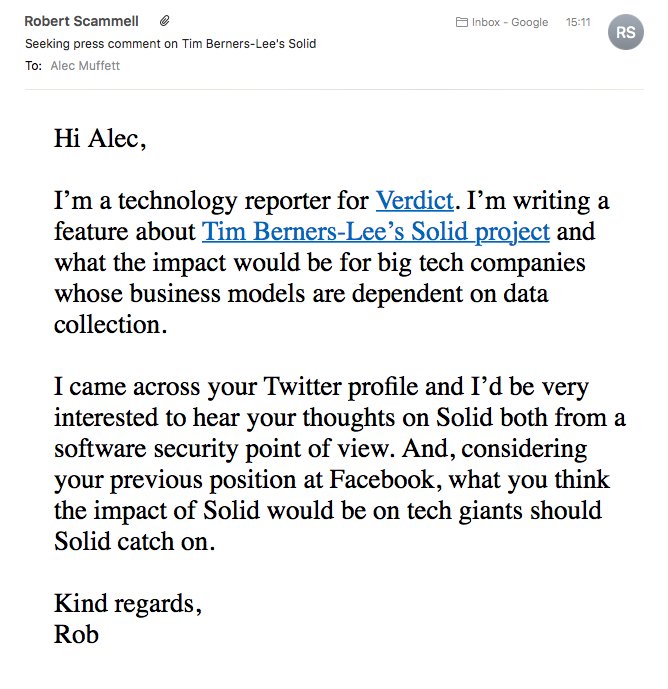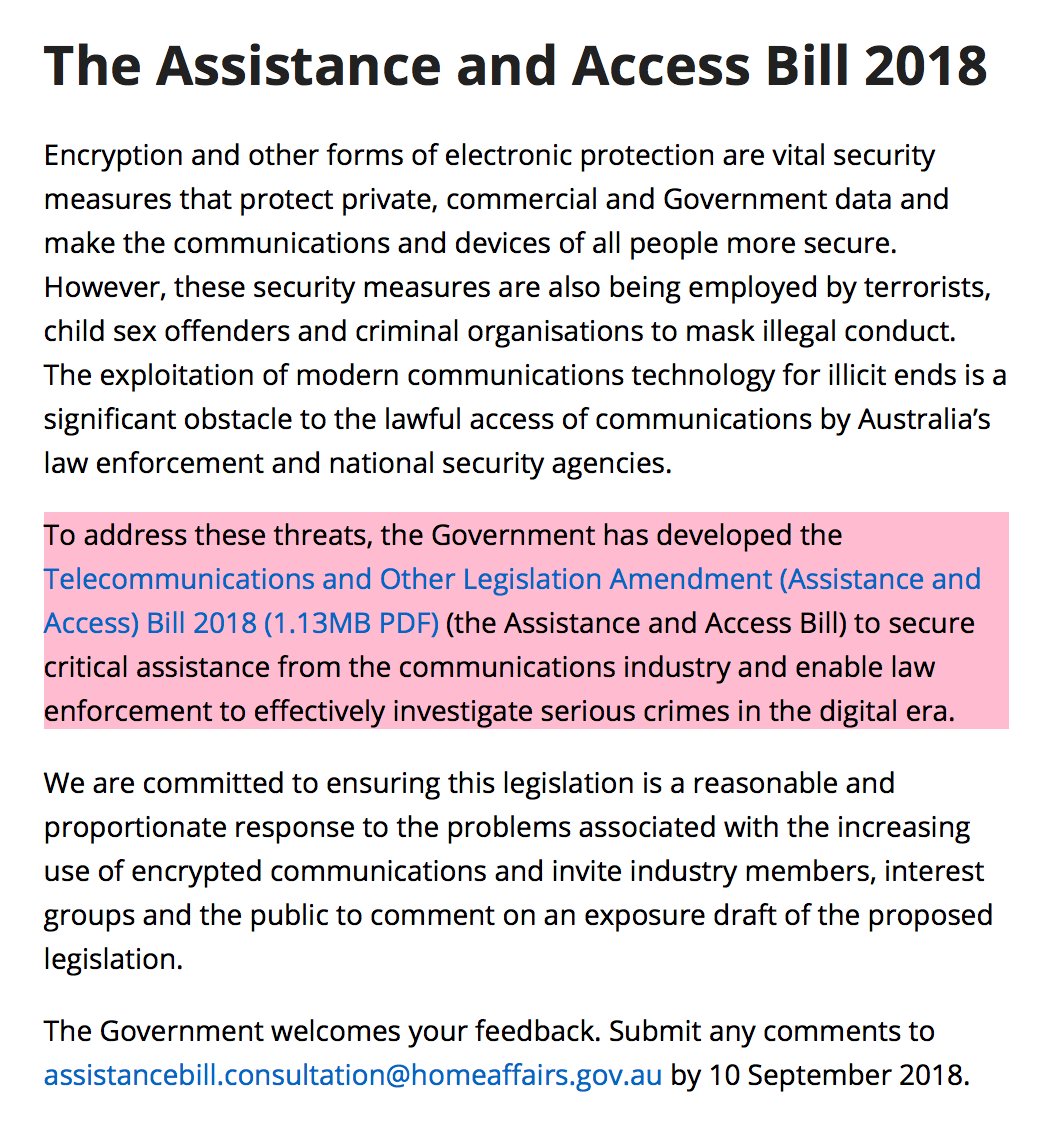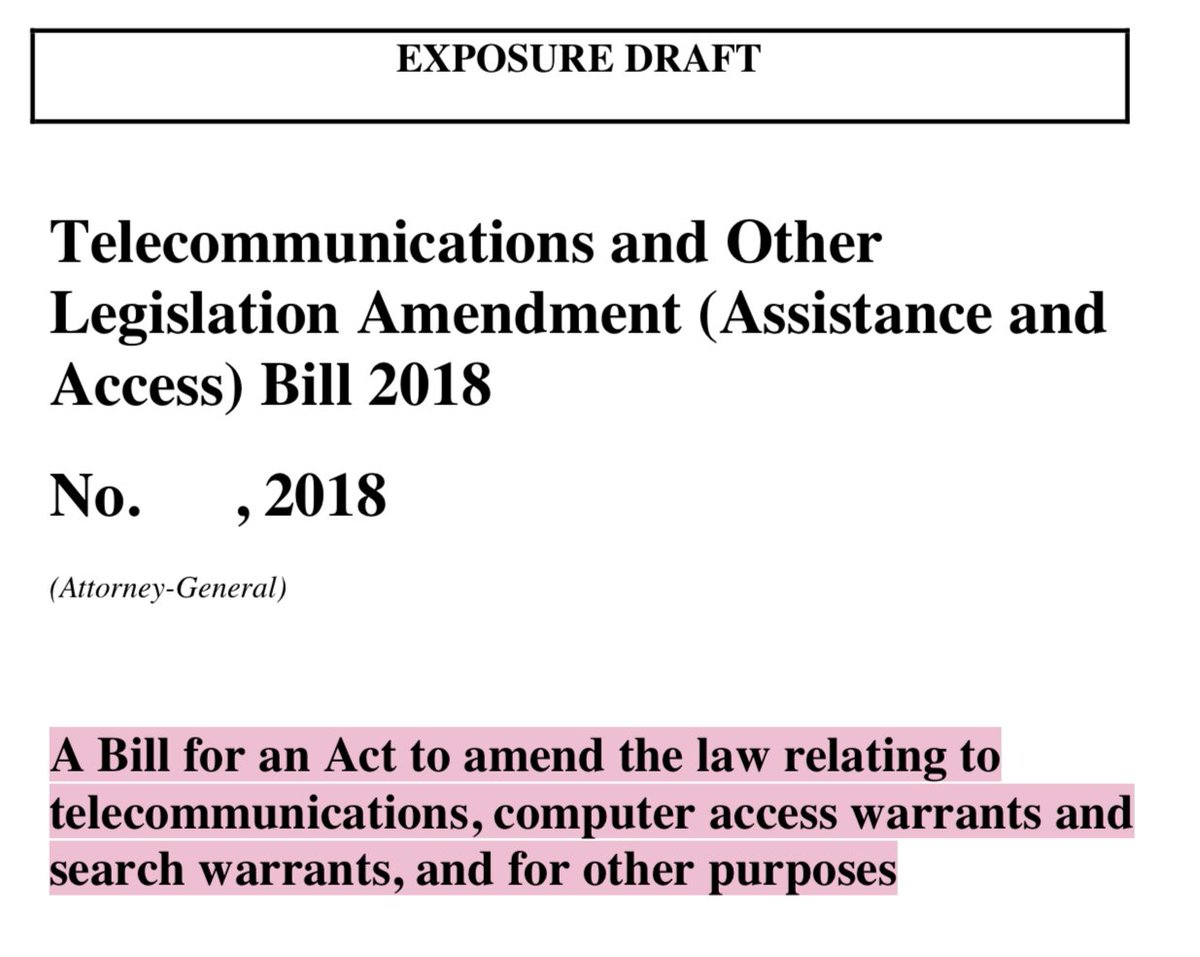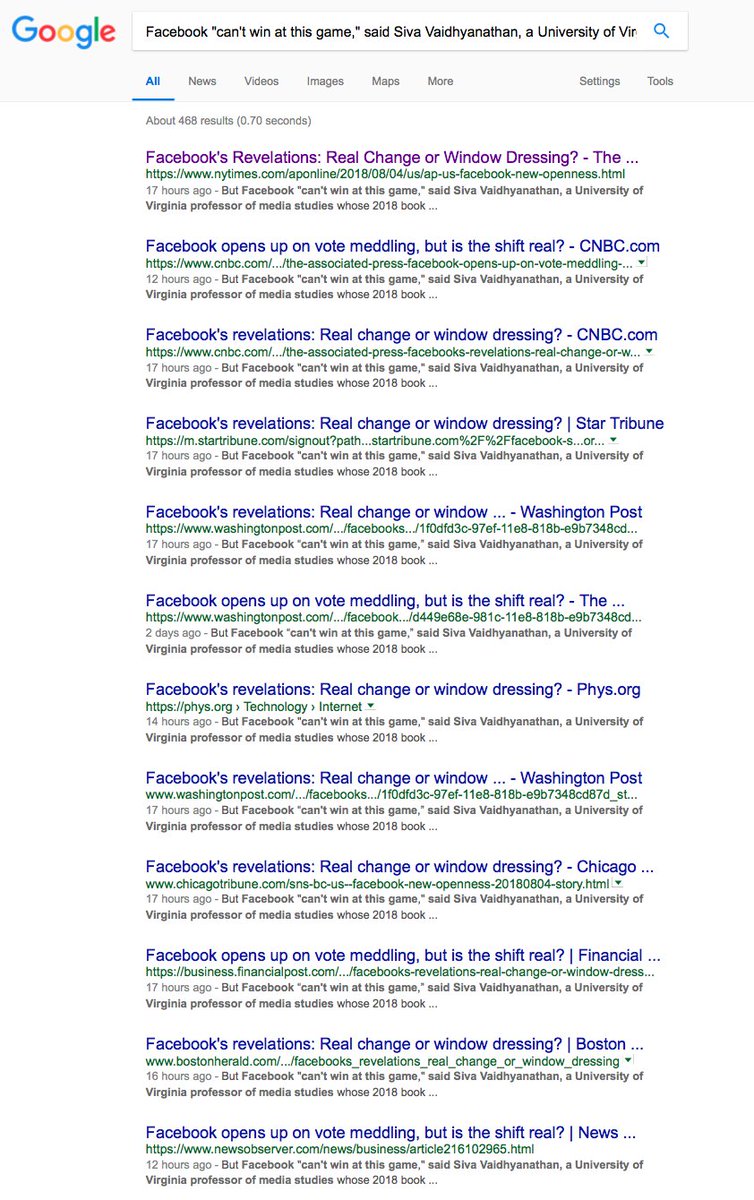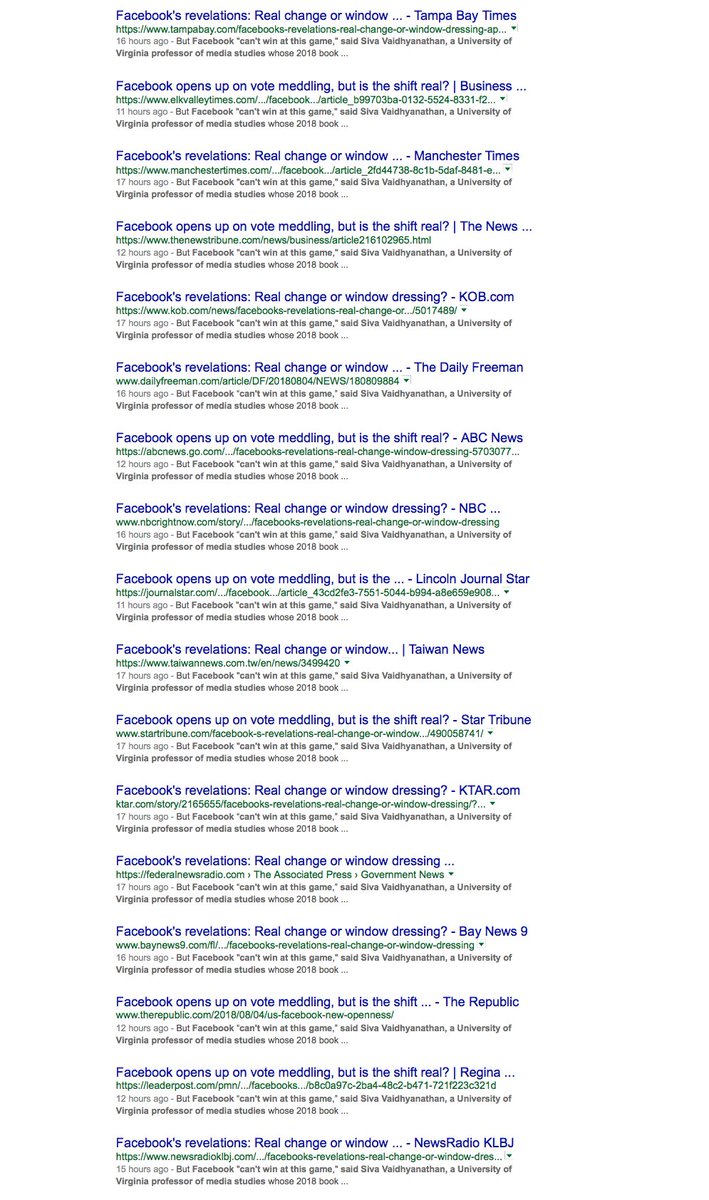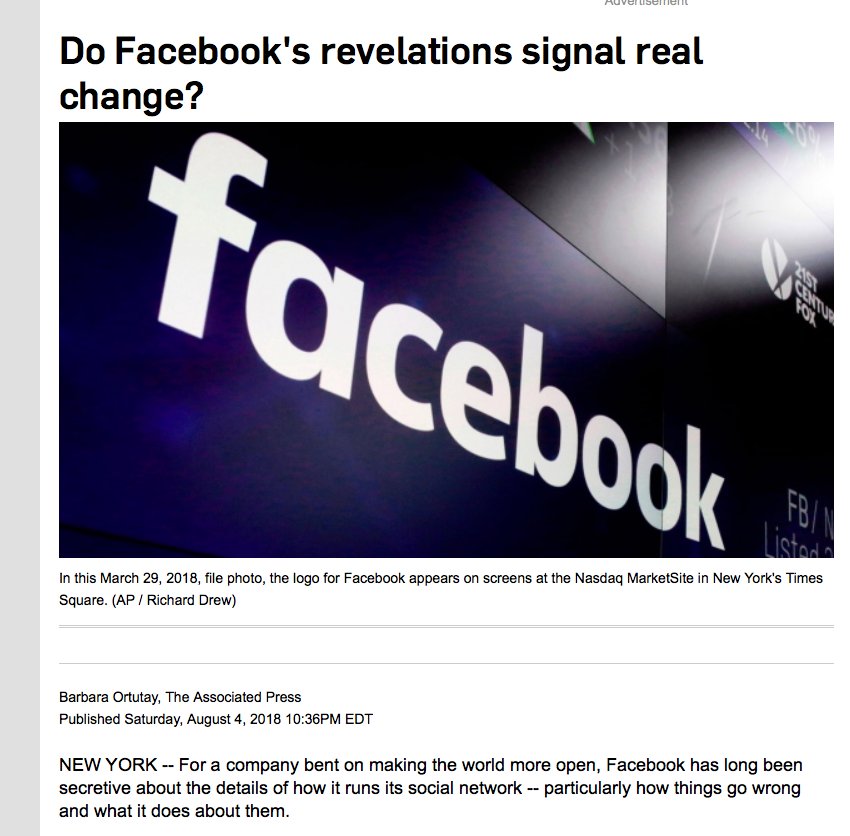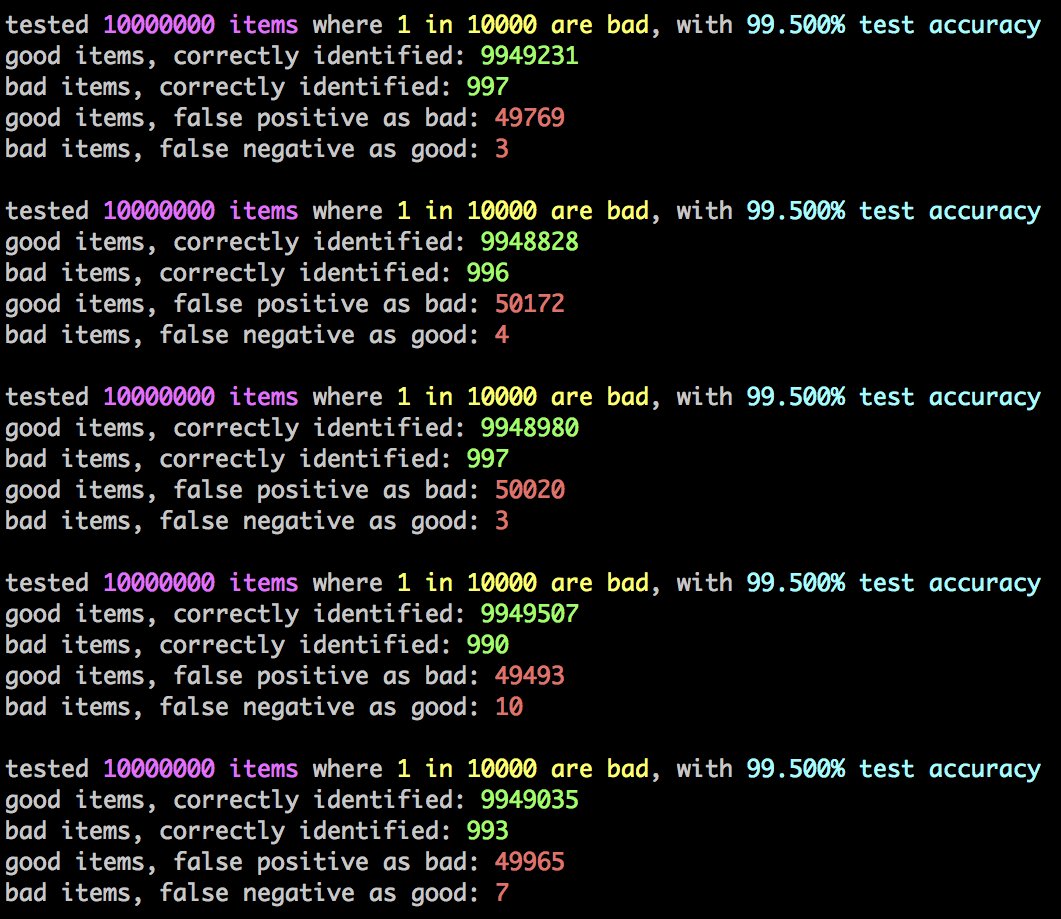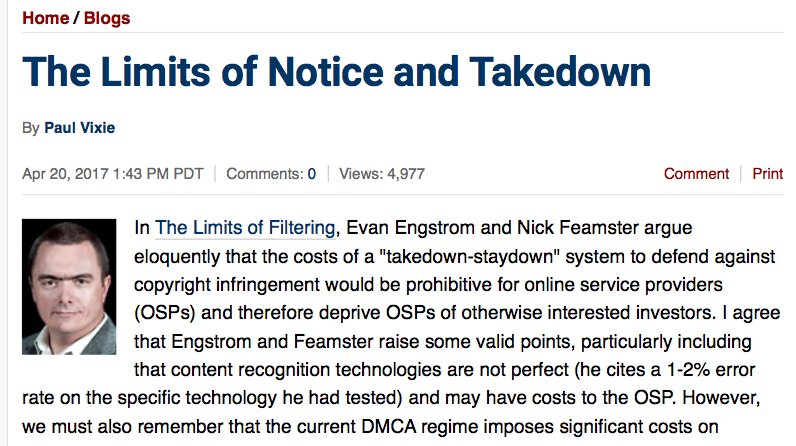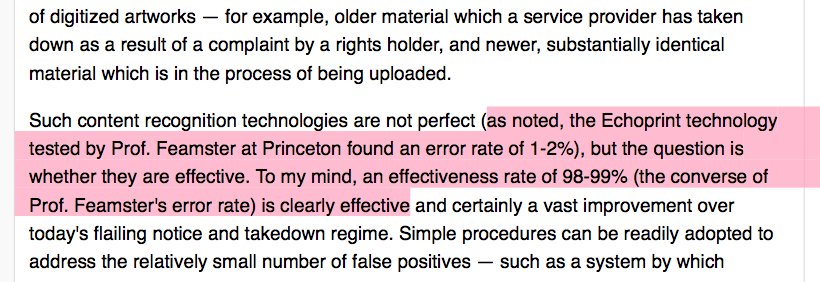HEREWITH: a _different_ argument about why it's easier to put a man on the moon than to have backdoorable cryptography at scale. This fine article got posted by Techdirt a couple days ago…
https://twitter.com/techdirt/status/1022159595735863297
And it has received reasonable praise, commentary, and dad-jokes from the usual crypto suspects:
https://twitter.com/matthew_d_green/status/1022236824247390208
And it quotes the highly respectable @mattblaze who as-ever properly demolishes the argument on its own terms of groundless aspiration: 

…but for the geeks amongst us, there is something missing: a pointlessly detailed technical takedown. So #letsDoThis, and we barely have to lift a finger.
Aside: amongst my other attributes, I am genuinely a qualified astronomer —with a crappy degree because hacking, journalism and alcohol proved more amusing and remunerative; but at least I have 40 years of thinking that huge numbers are really cool:
But it's morning, and I don't want to do much work to justify this, so go read this posting on Quora about "how many digits of Pi are necessary to hit the moon" - the answer is probably best characterised as "less than 10": quora.com/How-many-digit… 
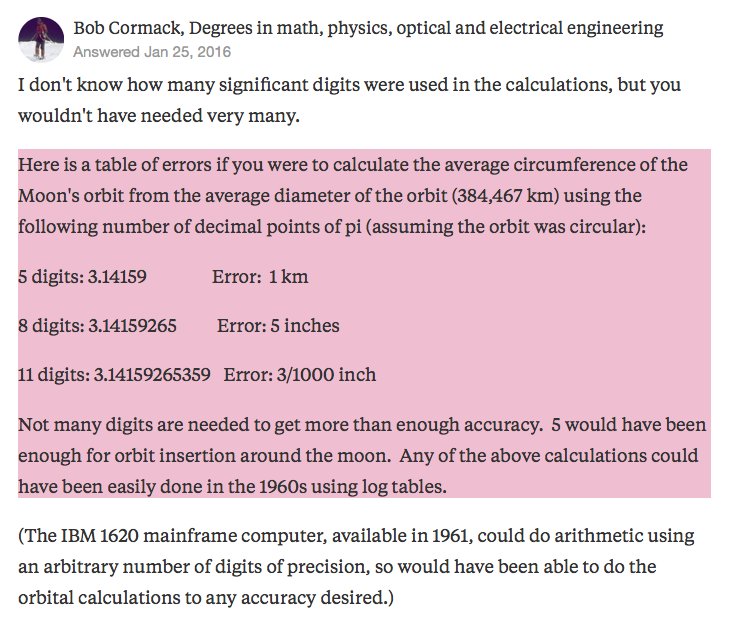
Let's say that's scaled-integer arithmetic, so in terms of bits that's about log2(10^10) which Google says is 33.21 bits; let's round that up to 34 bits; so we're talking about hitting a target with 1 in 2^34 bits of accuracy; that's a bit like 34-bit symmetric crypto, isn't it?
So a moonshot is not even the 40-bit cryptography which the US declared to be the exportable world standard back in the 1990s; a moonshot is less than 1/64th as complex as the weakest of weak-ass crypto that the world could be permitted in 1999: en.wikipedia.org/wiki/40-bit_en… 
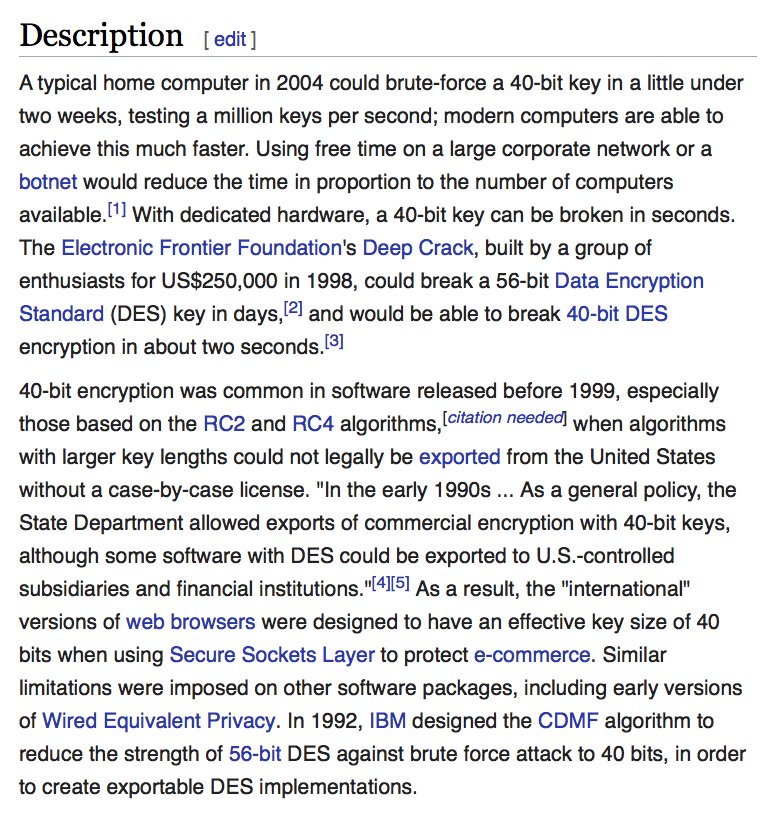
Given that the current "weakest viable" crypto is 128-bits, the fraction of numeric scale that a moonshot would require is 1 in 19,807,040,628,566,084,398,385,987,584 - apparently that's "19.8 Squillion" or something, because "1 in 19.8 million million million" sounds dumb. 

If everybody on the planet (7.5 billion people) had a phone using 34-bit cryptography, you could assign 1 encryption key per phone, and have 1 spare in case it was compromised. That's about all - there are fractionally more than 2 keys available per phone: 

Long story short: moonshot-grade mathematics provide way too little headroom for reasonable cryptography at scale; and anyone who doesn't understand this really needs to go watch "Powers of 10" a few times: en.wikipedia.org/wiki/Powers_of…
Before anyone else needs to: @threadreaderapp unroll, please
ERRATA:
19,807,040,628,566,084,398,385,987,584 is 19.8 octillion, probably; but also
19,807, - 19.8 thousand
040,628, - million
566,084, - million
398,385, - million
987,584 - million
or
19, - 19.8
807,040,628, - billion
566,084,398,- billion
385,987,584- billion
19,807,040,628,566,084,398,385,987,584 is 19.8 octillion, probably; but also
19,807, - 19.8 thousand
040,628, - million
566,084, - million
398,385, - million
987,584 - million
or
19, - 19.8
807,040,628, - billion
566,084,398,- billion
385,987,584- billion
So: basic-quality modern-day symmetric cryptography is at least 19.8 octillion times as secure as a moonshot, assuming this terminology holds:
19, - oct
807, - sept
040, - sext
628, - quint
566, - quad
084, - trillion
398, - billion
385, - million
987, - thousand
584 - unit
19, - oct
807, - sept
040, - sext
628, - quint
566, - quad
084, - trillion
398, - billion
385, - million
987, - thousand
584 - unit
• • •
Missing some Tweet in this thread? You can try to
force a refresh



